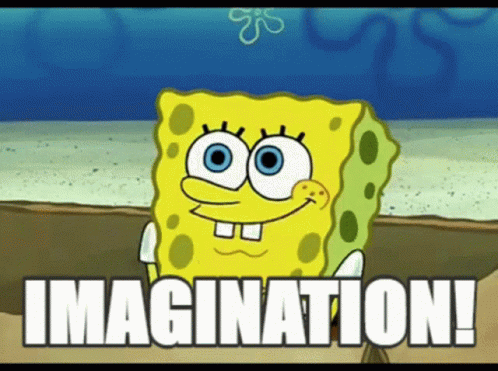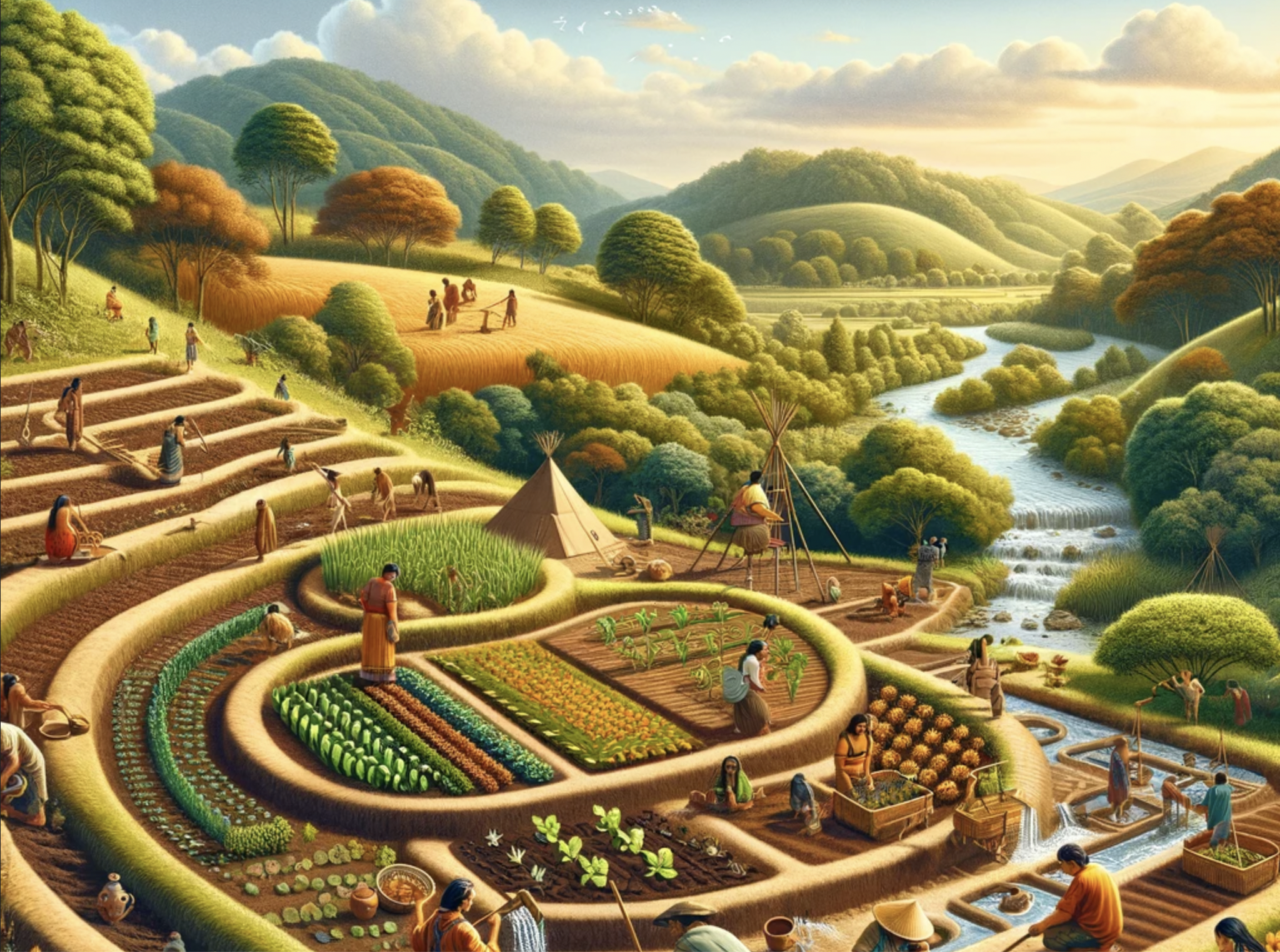In this Dispatch we're discussing imagination, specifically how it's been strangled in a capitalist society and what we can do to reclaim it.

First, some quick housekeeping, then let's get into it!
CALL FOR VOLUNTEERS:
The Conscious Citizens is growing fast and we're looking for some support! Can you lend a hand? If interested, learn more and sign up to volunteer HERE.
SUBMIT A RESOURCE TO THE DIRECTORY!
Know of a super useful resource that you think more people need to hear about? You can now submit it HERE.
First time reading our newsletter? Sign up to get them in your inbox!
Easy Actions to Take
📣 Boycott Alert!
- BDS Movement has renewed calls for a boycott against Marvel’s new movie Captain America: Brave New World for its revival of the offensive character Sabra.
Why: The BBC posted an article highlighting the “gaunt” of a recently released Israeli hostage while leaving out any mention of the starvation forced upon the Gaza Strip. The BBC is funded by UK license payers and therefore must answer to the public for perpetuating such a misleading narrative.
Why: The Consumer Financial Protection Bureau was created after the 2008 financial crisis to protect consumers from abuses by large finance institutions. Since its creation it has returned hundreds of millions of dollars stolen from Americans due to frauds, scams, pyramid schemes, and more. It remains an important tool in stopping abuses by those with capital.
Why: Trump’s mass deportation campaigns are starting all over the United States and there are already hundreds of reports of peoples rights being violated, citizens and immigrants alike. It is the duty of the community to combat these violations by arming ourselves and our neighbors with the knowledge necessary to protect ourselves.
Little (Movement) Wins
- Target stock has taken a steep hit since the boycott against them started on 2/1 and shareholders have launched a class-action lawsuit against Target for defrauding them on DEI policies.
- Tilda Swinton honors the BDS Movement when accepting her award at the Berlinale Festival, a festival many are boycotting for its complicity with genocide.

The 3,000 Year-old Solutions to Modern Problems
Revealing History

